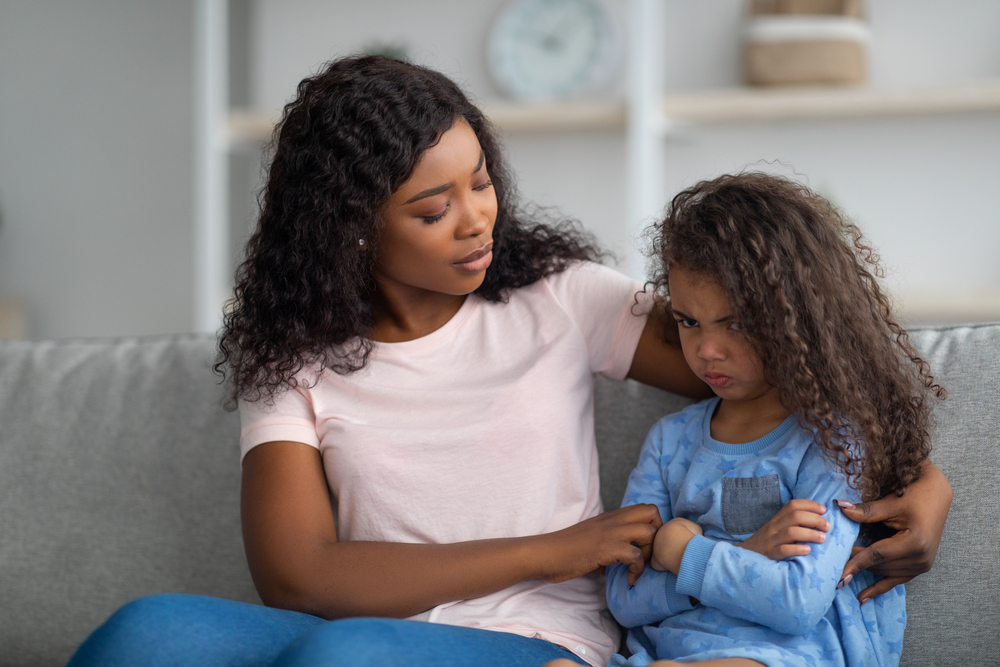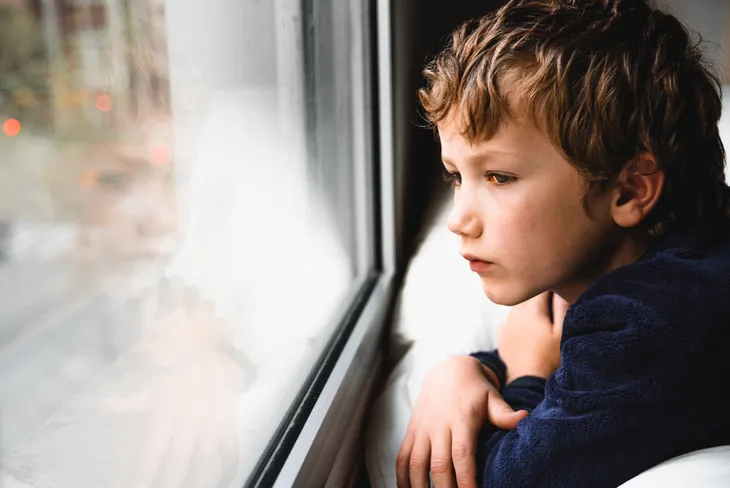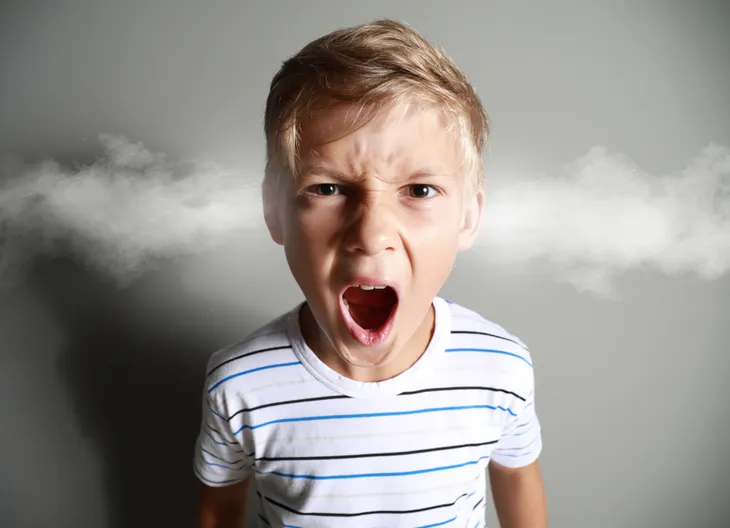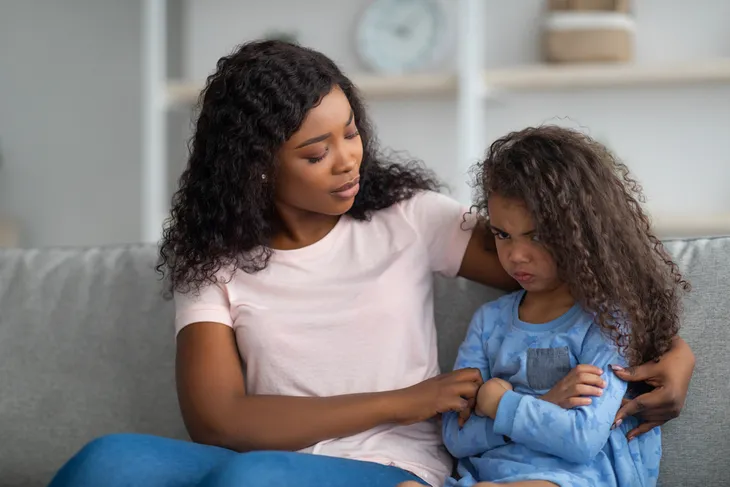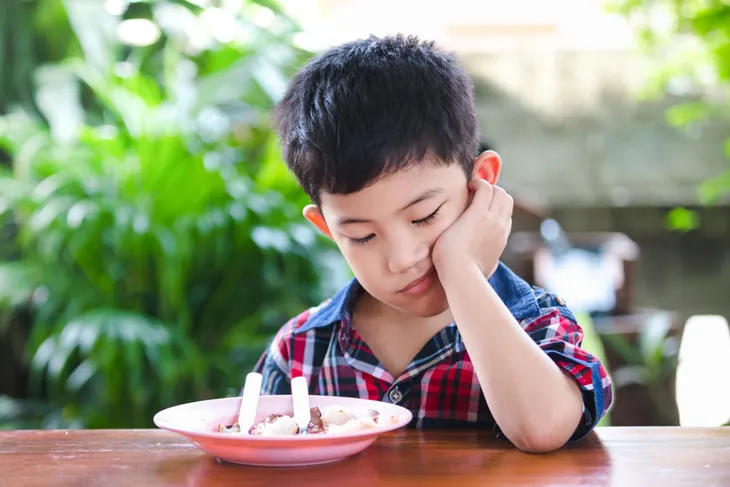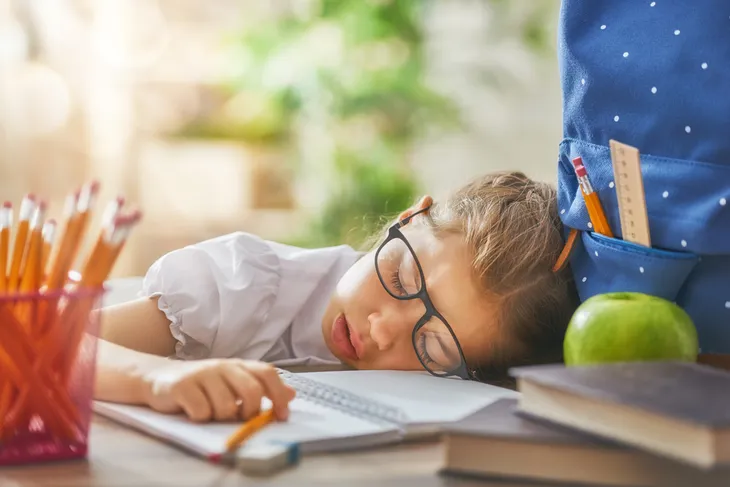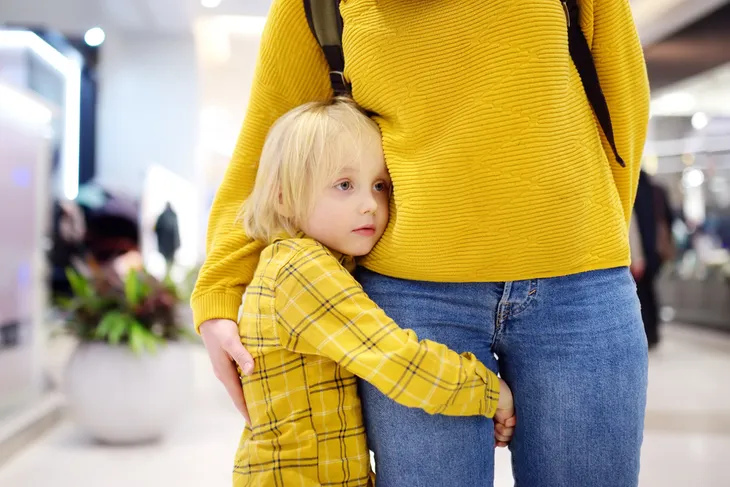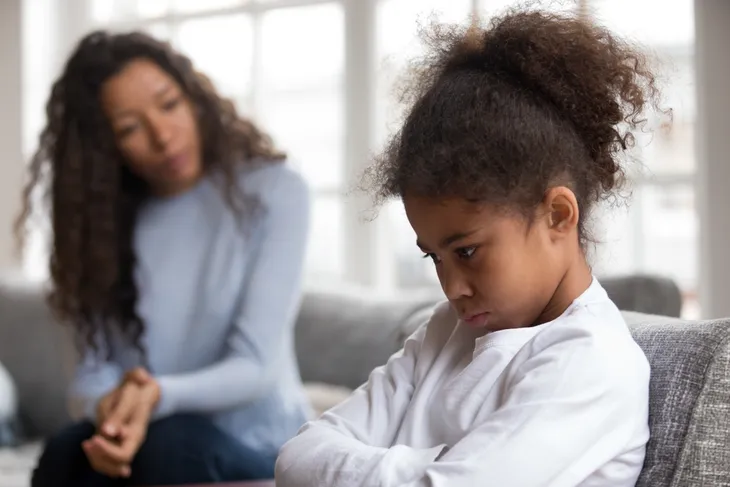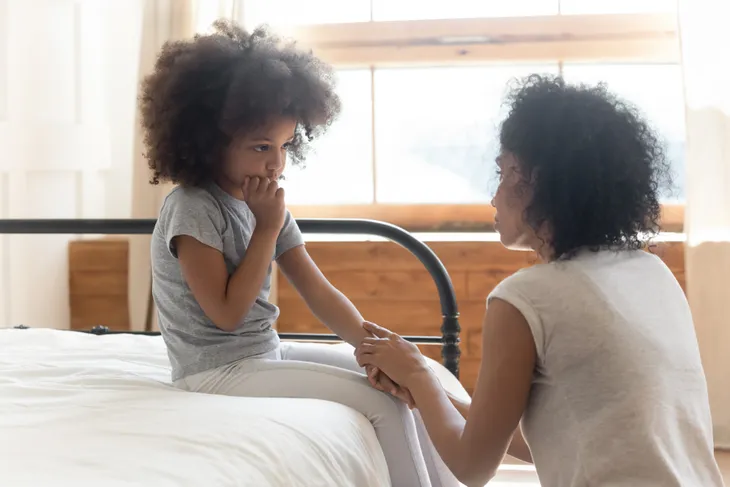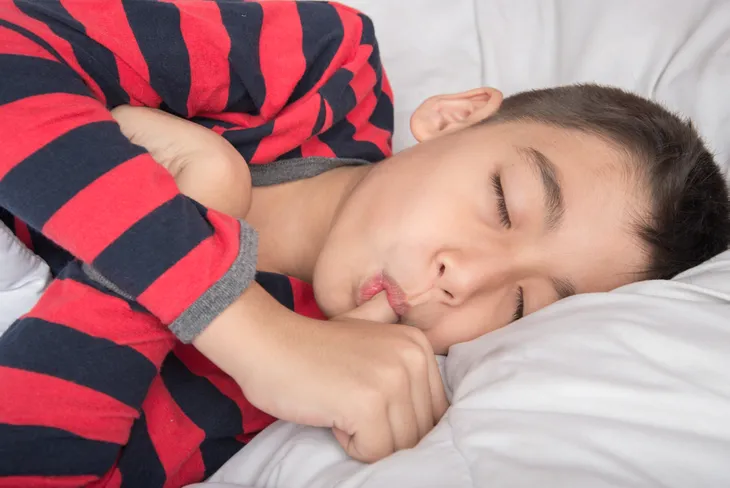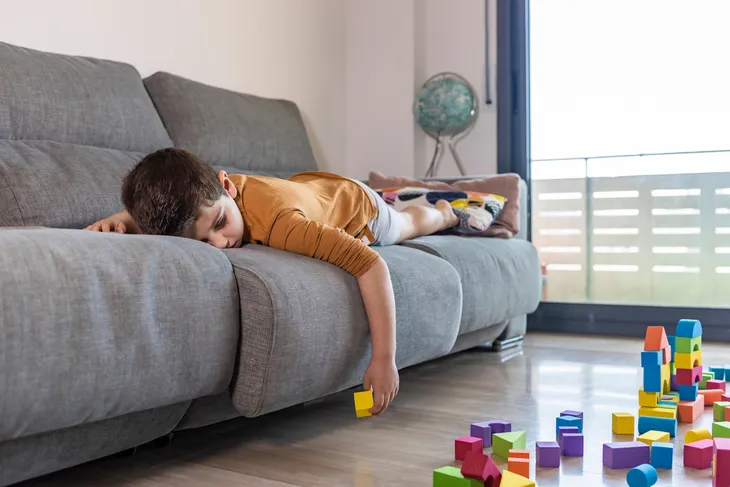- All children go through emotional fluctuations but some have more difficulty coping than others.
- A therapist can help guide your child through their struggles and gain coping skills, and sometimes they’re just there to listen.
- You don’t have to wait for these warning signs to develop to seek help from a professional.
- Therapy can benefit all children and may improve their mental health and help them learn healthy habits that will benefit their future.
Just like adults, children go through emotional fluctuations due to major life changes and stressful periods. Their struggles may also be caused by a mental health condition like anxiety or depression. Though you may try your best to make your child feel safe and supported, sometimes professional help is needed. Therapy can help your child navigate these uncharted waters.
A therapist can help guide your child through their struggles. They can also help your child gain confidence and coping skills and be there to listen. But how do you know if your child needs therapy? Here are 11 warning signs that your child may benefit from therapy.
Extreme Feelings of Sadness or Worry
Children go through a lot of changes as they grow older, from starting daycare or school to meeting new people. All of these situations can cause anxiousness, sadness, and worry, which is normal. However, Verywell Family says to look out for signs that your child is “unusually anxious, sad, or irritable for an extended period of time.”
When extreme feelings of sadness or worry start interfering with their daily life, it’s time to seek help. The source says to watch for signs like excessive worrying or if your child is suddenly crying a lot.
Destructive Behavior
New, destructive behavior can be another red flag that your child needs help from a mental health professional. Verywell Family says one sign of self-destructive behavior may be digging their nails into their skin to inflict pain.
Another possible sign of destructive behavior is destroying property as a way of coping. Punching holes in the wall, throwing things, and breaking things can all be signs that your child is frustrated and doesn’t know how to cope.
Disruptive Behavior
Being physically destructive isn’t the only behavior you should watch for. If your child suddenly becomes disruptive at home or in school, this may be a sign that something is going on.
Verywell Family explains that children often express their emotions through negative behaviors. This may translate to fighting with their friends, talking back to their parents or teachers, or having temper tantrums. This can be a key sign that they don’t know how to cope with their emotions and a professional therapist can help with that.
Changes to Eating Habits
It’s common for children to be picky eaters and their eating habits may change over time but if your child’s eating habits drastically change, this may be a red flag that something is going on. Verywell Family says new eating habits may be a sign of depression, anxiety, or an eating disorder.
Action for Children explains that teens between ages 13 and 17 are most at risk for developing an eating disorder, but it can affect anyone. Be on the lookout for these signs of an eating disorder:
- Binge eating (eating lots of food very fast).
- Avoid eating around others.
- Worry about their weight or size.
- Make themselves sick.
- Are secretive about food.
- Appear underweight for their age and height.
- Exercise excessively.
Changes to Sleeping Habits
Your child’s eating habits aren’t the only thing you should keep a watchful eye on. You should pay attention to their sleeping habits too. If they drastically change, it’s important that you don’t ignore them as there is likely an underlying cause.
Signs that their sleeping habits have changed may include sleeping more than usual, such as longer hours overnight or needing more naps during the day. Staying awake during the night and not getting enough sleep can also be a red flag.
Clinginess
Does your child cry whenever you leave the room? Does your child physically cling to you at home and in social situations outside of the home? These may be key signs that your child is clingy and Jenny Yip, Psy.D., ABPP, board-certified psychologist, tells Parents that clinginess may be a sign of anxiety.
Dr. Yip explains that clinginess happens when the child doesn’t feel like they have the confidence or ability to be alone. While you want your child to feel safe, it’s important to address clinginess. A therapist can help your child build confidence and resiliency to be more independent.
Social Withdrawal
Is your child suddenly withdrawing from their peers? Social isolation can be a red flag that something is wrong. Be on the lookout for signs that your child isn’t making any friends, or if they suddenly start declining invitations to hang out with their friends.
Social isolation can be a sign of a few things. It may be an indicator that they’re being bullied or it can be a sign of anxiety or depression. Try talking with your child to find out what’s going on. A therapist can also help them cope.
Physical Complaints
Mental health conditions like anxiety and depression can also cause physical symptoms. Some of these include rapid heart rate, feeling weak or tired, stomachaches, back pain, and headaches. If your child develops symptoms and there’s no obvious explanation, you should take them to your doctor to rule out any medical issues.
If your doctor thinks a mental health condition is to blame, you’ll likely be referred to a mental health professional. A therapist can diagnose the disorder and come up with the best treatment plan for your child.
Difficulty Coping With Stress
It’s normal for children and teens to feel stressed from time to time. After all, it’s a natural response to challenges or changes they may face. But even though it’s normal and healthy, it can be a cause for concern if they’re having difficulty coping or if the stress is long-lasting.
According to Kids Health, chronic stress can take a serious toll on your child’s mental and physical health. While it’s vital that you help teach your child effective coping skills, sometimes working with a professional is necessary. A therapist can help your child recognize their emotions and learn new coping skills to deal with stressful situations in the future.
Regressive Behaviors
Regressive behaviors typically occur in toddlers and preschoolers, however, Unicef Parenting points out that it can happen at any age. While it can vary, the source says in general, regression is “acting in a younger or needier way.” One example of this is if your child has learned to talk clearly and concisely but then starts reverting to an immature way of talking.
Verywell Family says regressive behaviors are common during major life changes, such as a move or the birth of a new sibling. However, another underlying issue may be to blame if they display regressive behaviors like tantrums, clinginess, bedwetting, and excessive fearfulness. A therapist can help them cope but in the meantime, do your best to make your child feel safe and supported without shaming them for their behavior.
Withdrawal From Favorite Activities
If your child suddenly starts withdrawing from activities that they normally enjoy, this may be a red flag. Kate E. Eshleman, Psy.D., pediatric psychologist at Cleveland Clinic Children’s tells Parents that this may be a sign of depression.
Children may withdraw from activities due to fatigue but if there’s no obvious cause for their withdrawal then it may be time to see a therapist. A mental health professional will be able to assess your child, determine the underlying cause and address the problem.
How to Find a Reputable Therapist for Your Child
If you or your child’s doctor thinks therapy may benefit your child, the next step is to find a reputable therapist near you. Luckily, your pediatrician can be a great resource. They’ll likely have a list of referrals and point you in the right direction. Your child’s school may also have a list of providers or you can ask your friends or family for recommendations.
It’s important to make sure the therapist is a good fit for your child and don’t be afraid to switch therapists if they’re not a good match. It’s also worth noting that you don’t have to wait for these warning signs to develop to seek help from a professional. If your child is going through a major change or stressful time you can be proactive by giving therapy a try.
